Water and chemicals injected at high pressure can extract more gas – and possibly pollute drinking water.
..."Now, scores of natural gas companies are fanning out from Fort Worth, Texas, where hydraulic fracturing of shale has been done for at least five years, to lease shale lands in 19 states, including Pennsylvania and New York.
But some warn that by expanding “hydraulic fracturing” of shale, America strikes a Faustian bargain: It gains new energy reserves, but it consumes and quite possibly pollutes critical water resources.
“People need to understand that these are not your old-fashioned gas wells,” says Tracy Carluccio, special projects director for Delaware Riverkeeper, a watchdog group worried about a surge in new gas drilling from New York to Pennsylvania and from Ohio to West Virginia. “This technology produces tremendous amounts of polluted water and uses dangerous chemicals in every single well that’s developed.”
Traditional gas wells bore straight into porous stone, using a few thousand gallons of water during drilling. But dense shale has gas locked inside.
Hydraulic fracturing, or “fracking,” and horizontal drilling unlock it.
Each hydraulically fractured horizontal well can require from 2 million to 7 million gallons of fresh water mixed with sand and thousands of gallons of industrial chemicals to make the water penetrate more easily.
This frac-water mixture is blasted at high pressure into shale deposits up to 10,000 feet deep, fracturing them. The sand lodges in the cracks, propping them open and providing a path for the gas to exit after external pressure is released.
Besides using vast amounts of groundwater, scientists and environmentalists worry that toxic frac water – 30 percent or more – remains underground and may years later pollute freshwater aquifers.
Millions of gallons of frac water come back to the surface. It could be treated, but in Texas it is most often reinjected into the ground.
Millions more gallons of “produced” water flow out later during gas production. This flow, too, is often tainted with radioactivity and poisons from the shale. Often stored in pits, that waste can leak or overflow while awaiting reinjection.
Simply put: “Each of these wells uses millions of gallons of fresh water, and all of it is going to be contaminated,” Ms. Carluccio says.
Industry spokesmen say such fears are overblown."...More>>>>

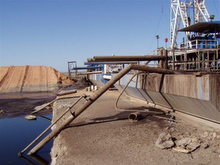



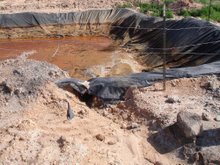

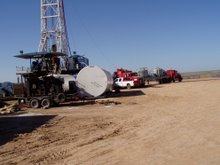
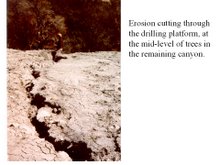
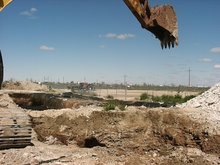

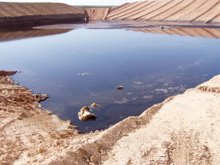
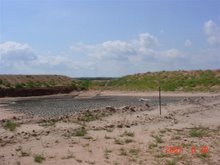
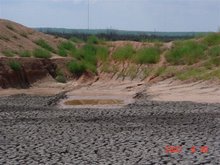
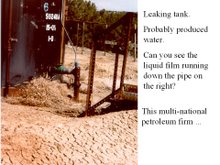
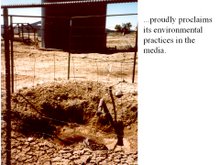
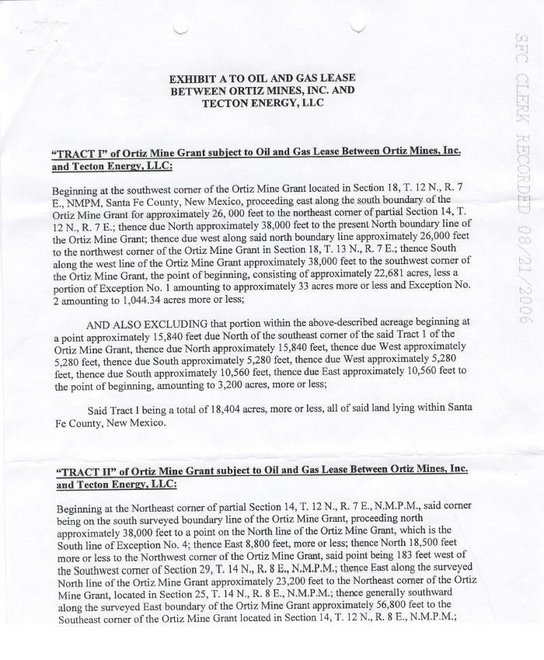
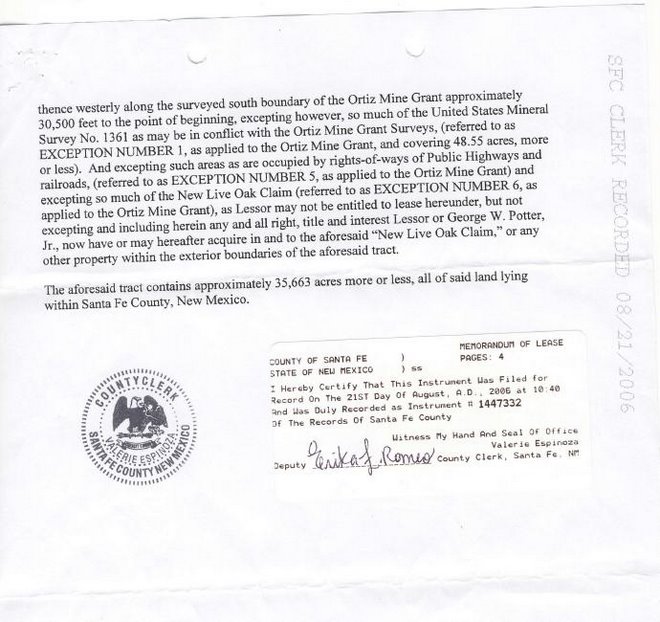


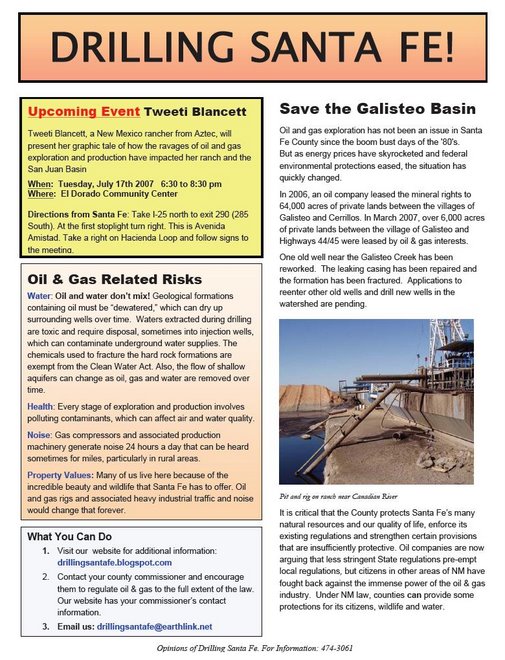
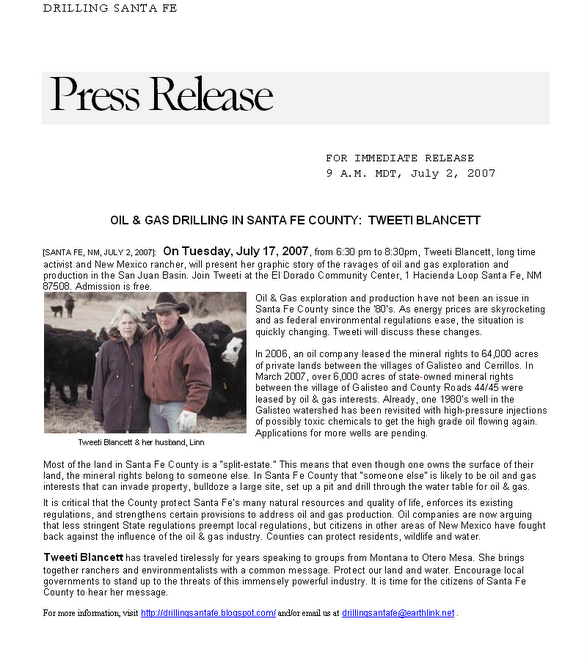
No comments:
Post a Comment